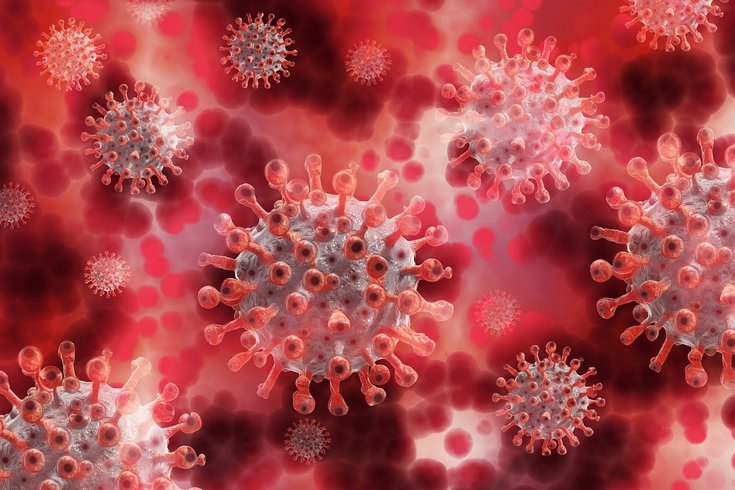
July 22, 2021
 Gerd Altmann/Pixabay
Gerd Altmann/Pixabay
Infectious disease experts say that a small number of breakthrough cases is expected with any type of vaccine and shouldn't be a cause for concern.
So-called "breakthrough" COVID-19 cases are coronavirus infections that occur in people who have been fully vaccinated. A number of these cases have sprouted at places like the White House and among athletes gathered in Tokyo for the Olympics, raising questions about the effectiveness of the vaccines, especially against the new Delta variant.
Infectious disease experts, however, say that a small number of breakthrough cases is expected with any type of vaccine and shouldn't be a cause for concern.
A vaccine teaches the immune system to recognize an intruder like the coronavirus and to immediately launch an attack against it. The available COVID-19 vaccines all have high efficacy rates, but the possibility of infection is still there.
Factors that can affect vaccine efficacy include how much of the virus you are exposed to and how strong your immune system is.
Certain health conditions and medications can also weaken the immune system's response to a vaccine. In general, though, these types of breakthrough infections cause little to no symptoms, Dr. William Moss, a vaccine expert at the Johns Hopkins Bloomberg School of Public Health told ABC News.
Data from a New England Journal study found that breakthrough infections have lower viral loads and fewer symptoms.
According to the U.S. Centers for Disease Control and Prevention, a person is considered fully vaccinated two weeks after their second dose of a two-dose vaccine or two weeks after receiving a single-dose vaccine. The agency has reported that as of July 12, there have been 5,492 breakthrough COVID-19 cases.
It's not a complete number though because mild and asymptomatic cases are harder to track. The CDC doesn't currently recommend routine testing for asymptomatic vaccinated people.
Some health experts like Dr. Paul Offit, director of the Vaccine Education Center at Children's Hospital of Philadelphia, have argued that asymptomatic or "mild" infections in fully vaccinated people shouldn't even be counted as a breakthrough infection.
"I think we are misusing the term breakthrough. If someone who is fully vaccinated is subsequently hospitalized or killed by the virus, that's a breakthrough case," Offit told NPR.
He said that what matters is that "the vaccine is still doing what it is designed to do — keep people out of the hospital and out of the morgue."
The CDC acknowledges that the prevalence of new variants like the highly contagious Delta variant may play a role in these breakthrough cases, but research so far has shown that the COVID-19 vaccines remain protective against new variants.
If the number of breakthrough infections start to spike, it could be a sign that immunity is fading and boosters might be needed. Right now the country is experiencing a resurgence of COVID-19 cases, health officials say, due to slowing vaccination rates and the fast-moving Delta variant.
So far the majority of COVID-19 hospitalizations and deaths in the U.S. have been among the unvaccinated. In an effort to reach people still hesitant about getting vaccinated, Dr. Brytney Cobia, a doctor in Alabama, has been sharing her experience caring for dying COVID-19 patients.
She wrote in a Facebook post this past Sunday, "I'm admitting young healthy people to the hospital with very serious COVID infections. One of the last things they do before they're intubated is beg me for the vaccine. I hold their hand and tell them that I'm sorry, but it's too late."
Then she wrote, "A few days later when I call time of death, I hug their family members and I tell them the best way to honor their loved one is to go get vaccinated and encourage everyone they know to do the same."
Health officials continue to emphasize that getting vaccinated still remains the best way to protect yourself and your loved ones from the coronavirus, including any emerging variants.